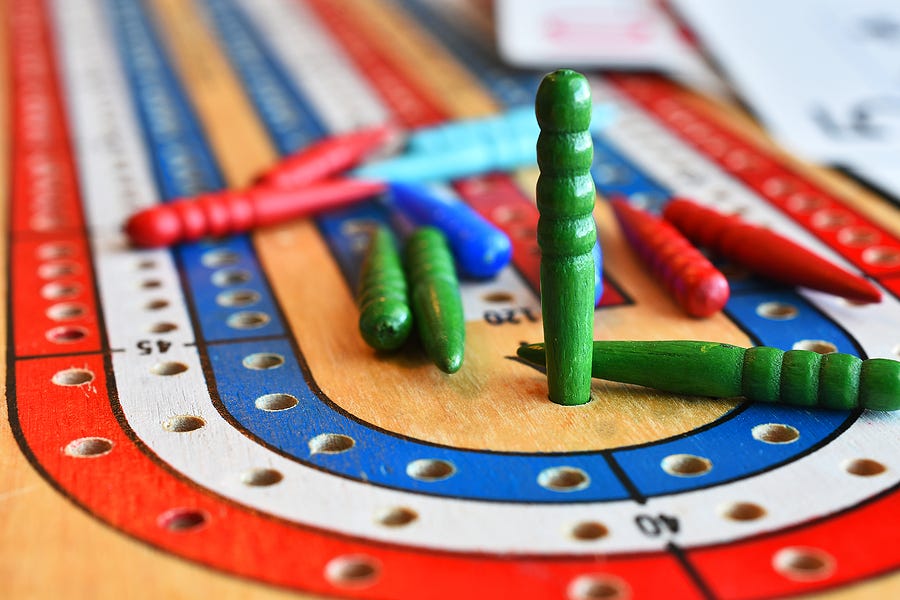Do you remember that?
The games our memories play and why we remember what we do

I was shopping for Christmas gifts today in a Toronto game store – a store that sells old fashioned, physical, real-world games made of wood and paper, metal and plastic that you can pick up and hold in your hands, turning them over, feel…


